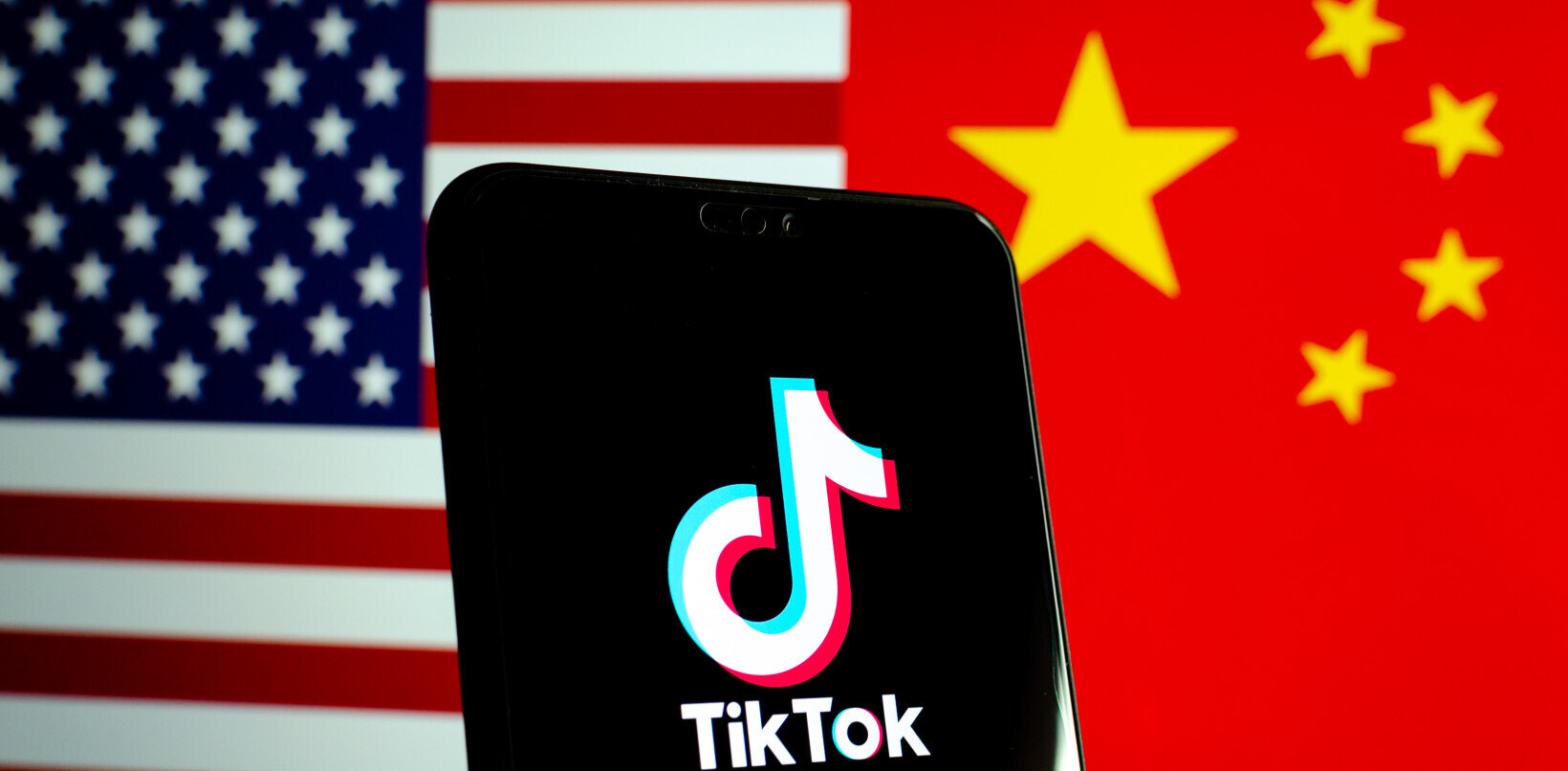
 The Third Circuit Court of Philadelphia has just issued a very civil rights-friendly decision about the procedures the government should follow to gain access to cell phone location data. This flies in the face of the Department of Justice’s stance that cell phone location data should be usable by law enforcement without a warrant.
The Third Circuit Court of Philadelphia has just issued a very civil rights-friendly decision about the procedures the government should follow to gain access to cell phone location data. This flies in the face of the Department of Justice’s stance that cell phone location data should be usable by law enforcement without a warrant.
The first nice part of the ruling is that cell phone location is going to be treated like an actual wire tap. That is, if the police want to obtain your phone’s location data, before a judge OKs a request he has the discretion of requiring the cops to file a Title III or other paperwork to show why they want the information. Additionally, the court ruled that using cell phone information which shows a person or object to be in a private space in some circumstances is protected by the Fourth Amendment.
It’s important to note that this court ruling is only in the Third Circuit of Philadelphia, so it’s not as if your location data is always protected. And even in Philly, there are circumstances in which your location data permissible to be used in a court without a warrant. Now this only refers to the location data that the phone companies and private services have. If you’re checking in on Foursquare, your location is public and is totally available to be used to incriminate you.
The reason why this case is important is because there is now disagreement in the courts about under what circumstances one needs a warrant to obtain cell phone location records. This is very good seeing as the courts looked like they were edging towards saying GPS data was not protected by the Fourth Amendment. Hopefully a similar case will make its way to the Supreme Court soon so we can have some resolution as to under what circumstances, if any, law enforcement can use location data without a warrant.
Get the TNW newsletter
Get the most important tech news in your inbox each week.




